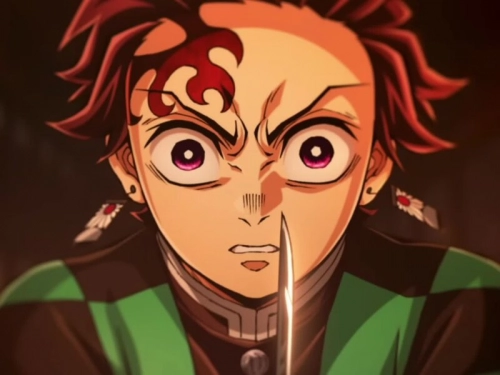
In a chilling reflection of how internet culture and public shaming can spiral into tragedy, 27-year-old Arizona man Nautica Malone took his own life just one day after a video of him at a Bikini Beans Coffee drive-thru went viral. The footage showed Malone, allegedly unclothed from the waist down, interacting with staff at the Tempe, Arizona location, a café where servers wear bikinis. The fallout was swift and devastating.

What Happened?
Earlier this January, a video captured by staff at the Bikini Beans Coffee location surfaced online. According to reports, the employee noticed Malone was not wearing trousers as he drove through, and allegedly caught him exposing himself. The manager recorded the incident, and the video quickly spread across social media platforms, drawing harsh criticism and mockery.
The next day, on January 11, 2025, Malone was found deceased in his vehicle in Goodyear, Arizona, from a self-inflicted gunshot wound. His wife and brother later confirmed that he had been in a state of severe emotional distress, as reflected in the suicide note he left behind on his phone.
Community Reaction and the “Gooneral”
In a surprising development, a public vigil was organized outside the same Bikini Beans location on January 26, where dozens gathered to mourn Malone. The event was called a "gooneral", a controversial name rooted in internet slang referring to obsessive or compulsive sexual gratification, often associated with online “gooning” communities.
A poster circulated online described Malone as a “beloved gooner” and “Goonlord,” with many attending the vigil claiming he was misunderstood, and that his online behavior, however inappropriate, did not warrant the scale of public humiliation he faced.
The vigil was disrupted about 30 minutes in when local law enforcement arrived and dispersed the crowd. Despite a mix of sincerity and irony among attendees, the gathering highlighted the cultural split on how incidents like this are interpreted: as a case of mental health failure, criminal behavior, or a collision of both.
Family and Employer Statements
Following the incident, Malone's family confronted the coffee shop staff, reportedly stating that the video had directly contributed to his suicide.
In a formal response, Ben Lyles, founder of Bikini Beans Coffee, expressed sympathy while reaffirming the company’s stance:
“Our thoughts and prayers are with the family... but the individual chose to commit a crime at one of our locations. We take these matters seriously and prioritize the safety of our employees.”
The café's position sparked further conversation online, with some supporting their actions and others questioning the handling of the situation.

Remembering Nautica Malone
Despite the controversy, Malone’s family emphasized that he was a dedicated husband and father, deeply loved by his wife Victoria Malone and children, Nahlia and Vaughn. In his obituary, he was remembered as a man of kindness and personal integrity, someone who loved watching Phoenix Suns games, studying cryptocurrency, and spending weekends learning more about HVAC systems.
“Though Nautica may not have liked being the center of attention,” the family wrote, “he deserves to have his long years of fatherly love honored.”
A Story Beyond Headlines
This incident sheds light on how viral shame and internet-driven exposure can escalate real-world consequences, especially when layered with mental health struggles. While there’s no excuse for public indecency, there's also no easy answer for how society, both online and offline, should respond to such moments. The case of Nautica Malone underscores a painful truth: sometimes, a viral moment can end a life.
Let this be a reminder that accountability and compassion do not have to be opposites, and that behind every headline is a human being, often wrestling with things we cannot fully see.





Comments